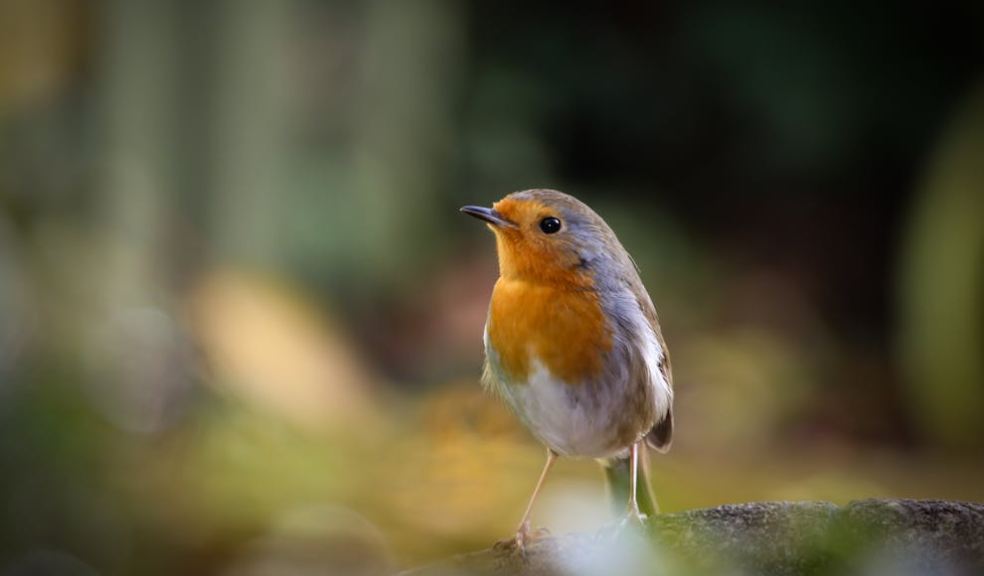
The RSPB Big Garden Birdwatch results 2024: Gardens can play key role in nature’s recovery
The latest results from this year’s Big Garden Birdwatch have revealed that House Sparrow has once again held on to the top spot for another year, with Blue Tit riding high at number two and Starling coming in at number three. Woodpigeon and Blackbird make up the remainder of the top five most recorded species.
Over six hundred thousand people joined in the world’s largest garden wildlife survey counting more than nine and a half million birds of 80 species during this year’s RSPB Big Garden Birdwatch, once again highlighting the importance of our gardens for the nation’s wildlife.
The UK’s gardens are an increasingly important habitat for many species. These places are often overlooked and taken for granted but cover an estimated 4,330 square kilometres. In England alone, the land area given over to gardens is more than four and a half times larger than that of our National Nature Reserves.
The RSPB’s Chief Executive, Beccy Speight said: “Last year’s State of Nature report laid out a grim picture finding that there’s been no let-up in the decline of our wildlife over recent decades, with one in six species at risk of being lost from Great Britain. However, with seven out of eight households lucky enough to have access to a garden, it is the place where many of us can make a positive difference to the ongoing nature crisis. Gardens and community green spaces can both give a crucial lifeline for struggling species by providing a huge patchwork of potential homes for nature.”
Big Garden Birdwatch is the world’s largest garden wildlife survey and gives the RSPB insights into how some of our most common garden birds are faring.
The Starling provides the perfect example. These colourful, characterful birds can be found across the UK and their numbers increase dramatically during the winter months when birds arrive from northern Europe – just in time for Big Garden Birdwatch - but despite coming in at number three in this year’s survey, this species is on the UK Red List of most threatened species due to a sharp decline since the 1960s in its breeding population. Gardens remain an important refuge for this species and even small actions can benefit birds like Starlings as well as a wealth of other garden wildlife.
In 2020 alone over 1.7 million people sought advice from the RSPB website on how to make their garden more wildlife friendly. To help, the RSPB has designed a series of actions to inspire and advise everyone on how to turn their outdoor spaces into havens for wildlife – whether it be a garden, balcony, yard, or community green space.
Beccy Speight continued: “To halt nature’s decline and turn round its current downward trajectory, we need to help it return across the board and make it a feature of everyday life. Our fields, farms, and towns need help to let nature back in and gardens provide the perfect place for us as individuals to start.
“Providing food, shelter and water for wildlife, not using chemicals and not using peat based compost - what we do in our own backyard can make a huge difference. All of us making small changes can effect huge change.”
To turn your garden or local green space into a haven for wildlife, go to: www.rspb.org.uk/get-involved/activities/nature-on-your-doorstep











